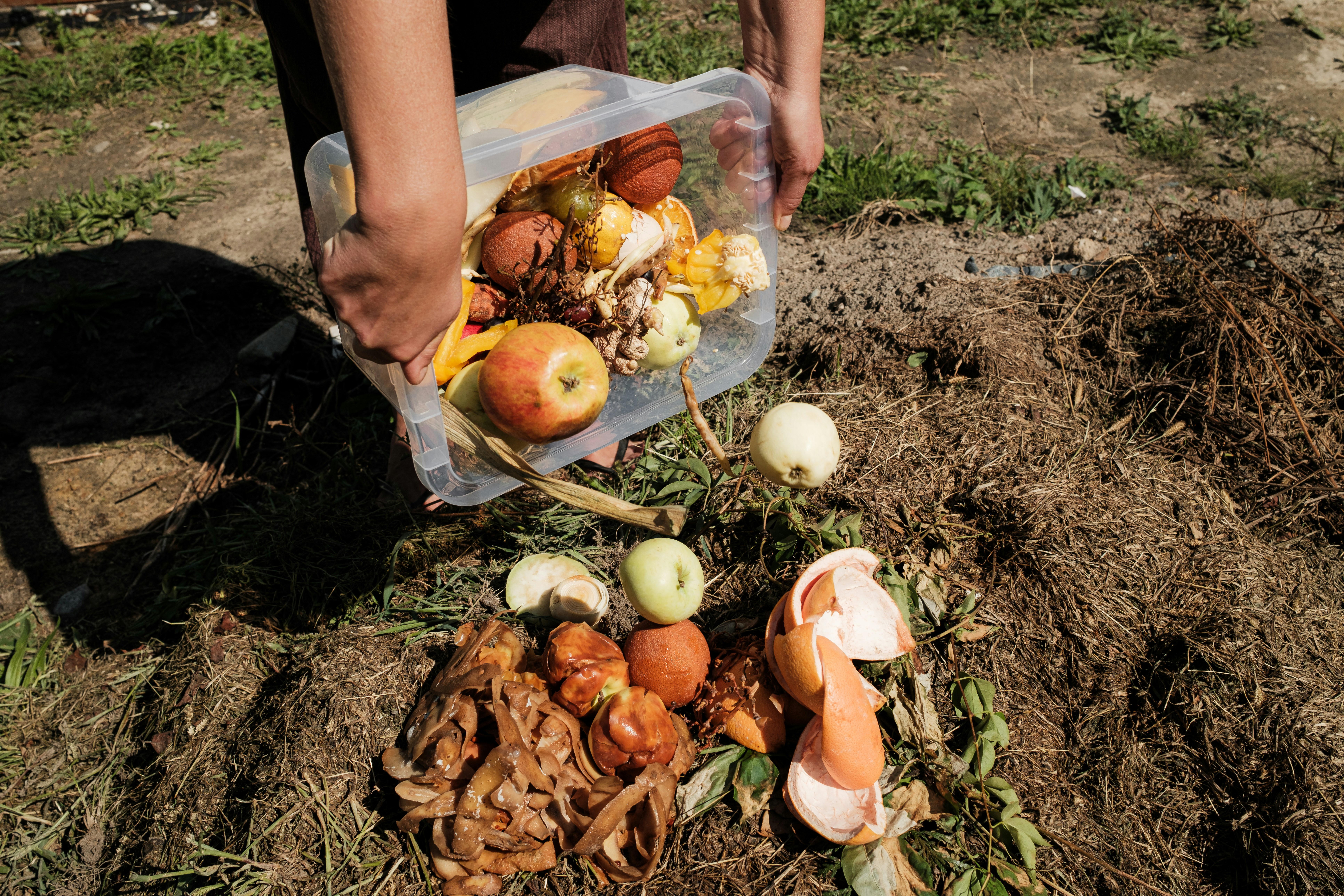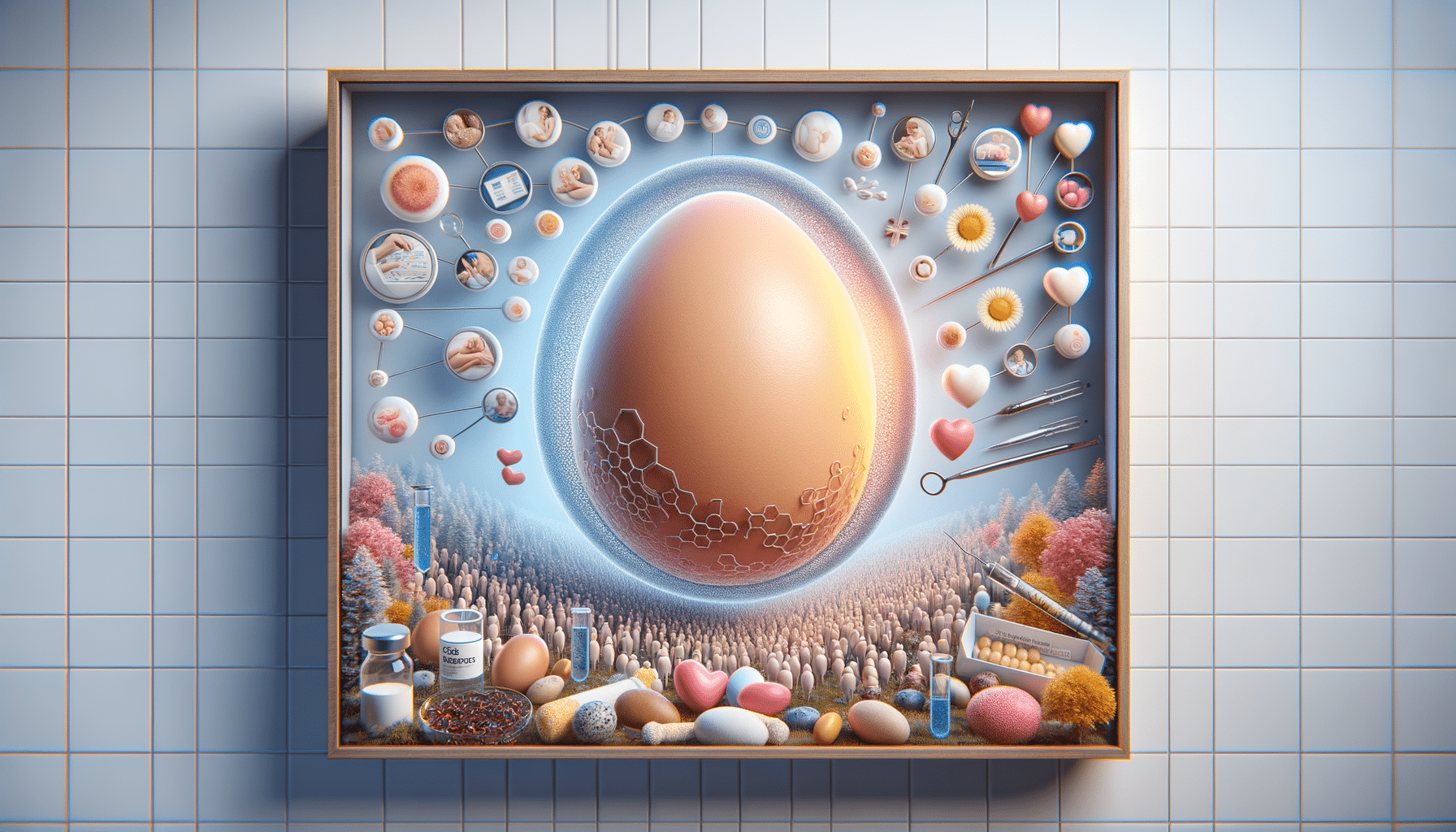
Sustainable Living: How to Start Composting at Home
Composting at home is a simple yet impactful way to contribute to a more sustainable lifestyle, turning your kitchen scraps and yard waste into nutrient-rich soil.
Why Start Composting?
Composting is not only beneficial for the environment, but it also enriches the soil, reduces the need for chemical fertilizers, and decreases landfill waste. According to the Environmental Protection Agency, food scraps and yard waste make up more than 30% of what we throw away, and these materials can be composted instead.
Expert Insights
“Composting is a natural process that transforms organic materials into a valuable soil amendment,” says a renowned environmental scientist. “It’s a crucial step towards sustainable living.”
Getting Started: What You Need
- Compost Bin: Choose a bin that suits your space. Options range from simple DIY setups to more advanced tumblers.
- Location: Place your compost bin in a dry, shady spot near a water source.
- Materials: Collect brown materials like dead leaves, branches, and twigs, and green materials such as grass clippings, vegetable waste, and coffee grounds.
Composting Process
To start, mix equal parts of green and brown materials. Keep the compost moist but not too wet, and turn it regularly to aerate. In a few months, you’ll have rich, dark compost ready for your garden.
Personal Experience
When I started composting, I was amazed at how much waste I diverted from the trash. It was rewarding to see the cycle of food waste turning into something beneficial for my garden.
Common Composting Mistakes
| Mistake | Solution |
|---|---|
| Too much green material | Add more brown material to balance the nitrogen levels. |
| Compost is too dry | Sprinkle water to maintain moisture. |
| Bad odor | Turn the compost to improve aeration and add more brown material. |
| Pests in the compost | Avoid adding meat or dairy products. |
| Compost not breaking down | Ensure the compost is moist and turn it regularly. |
| Excessive flies | Cover the compost with a layer of soil or brown material. |
| Compost pile too hot | Turn it to allow air circulation and check moisture levels. |
| Unpleasant smell | Add dry leaves or straw and mix well. |
Frequently Asked Questions
What can I compost?
You can compost fruit and vegetable scraps, coffee grounds, eggshells, grass clippings, leaves, and shredded newspaper.
How long does it take to compost?
Depending on conditions, composting can take anywhere from two months to two years.
Is composting difficult to maintain?
Composting is relatively easy with regular turning and monitoring of moisture levels.
Additional Resources
For more detailed guidance, visit the EPA’s Composting at Home page or check out your local gardening center’s workshops.
Conclusion: Take the First Step
Starting a compost pile at home is a rewarding journey towards sustainability. By following these steps and tips, you can convert waste into a valuable resource, enriching your garden and the planet. Embrace composting today and make a positive impact on your world.


